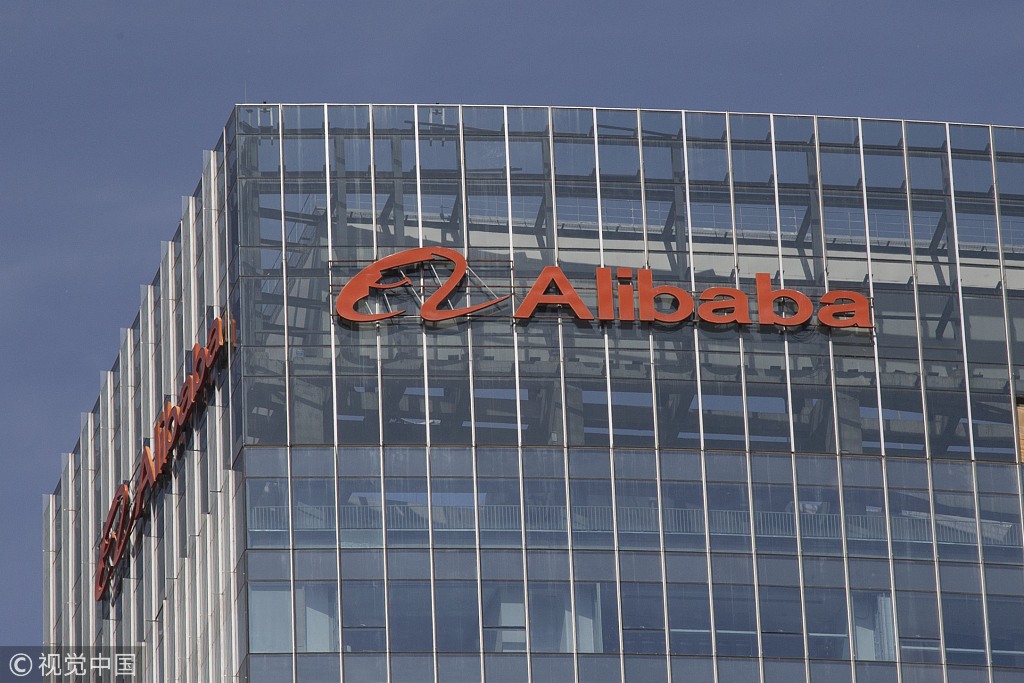Alibaba: China's homegrown chips can compete globally


Artificial intelligence and the cloud-based internet of things are two major application areas where China's homegrown chips can have a good chance to compete with global players, internet titan Alibaba Group's technology chief said on Saturday.
"In these two areas, we are roughly in the same position compared with the United States," said Zhang Jianfeng, chief technology officer for Alibaba, which announced on Friday a buyout of local chipmaker Hangzhou C-Sky Microsystems to help boost the nation's self-sufficiency in the sector.
"In light of the ongoing intelligence wave, companies that own enough data and run crucial AI-backed applications would have the competitive edge in producing smart chips," Zhang said in a media briefing in its Hangzhou headquarters.
Founded in 2001, C-Sky claims to be the only embedded CPU volume provider in China with its own instruction set architecture. The company has shipped 700 million chips globally, said Vice-General Manager Li Chunqiang.
According to Zhang, chips require constant technological updates as application scenarios evolve and expand over time. But industry heavyweights like Intel need to take "technological adaptability" into consideration when designing new generations of chips, which could be a drag on efficiency.
"Therefore, latecomers like Alibaba could circumvent legacies in traditional chipmaking to come up with an alternative solution tailored to the cloud-based IT environment. It's a new opportunity for us Chinese companies," he said.
Besides, China's smart city initiatives, in which public utility facilities from water meters to parking lots are connected to the internet, are fueling the speedy rollout of smart chips, Zhang noted.
Alibaba had previously invested in the integrated circuit design house and was now taking its stake to 100 percent.
The e-commerce giant is betting on C-Sky's strength in the indigenous intellectual property core, which is a reusable unit of logic or functionality that can be licensed to multiple vendors in different chip designs, to power different industries through its cloud-based IoT solutions, in which chips play a significant role.
"Thanks to Alibaba's rich experience in application scenarios, we are in a good position to deeply integrate technology with real-life industrial needs to take chip design to the next level," said C-Sky's Li.
Zhang said the full takeover underscores Alibaba's long-term commitment to driving the development of the chip industry, a capital-intensive business that is likely to deter smaller firms.
The move echoed Alibaba's existing efforts in developing AI-based chips, on the back of its 100 billion yuan ($15.89 billion) funded global research and development program Damo Academy on fundamental scientific research.
"We are getting prepared for the new racetrack," Zhang said. "If we don't invest now, we are going to feel insecure regardless of resources, technology and efficiency in just a few years."




































